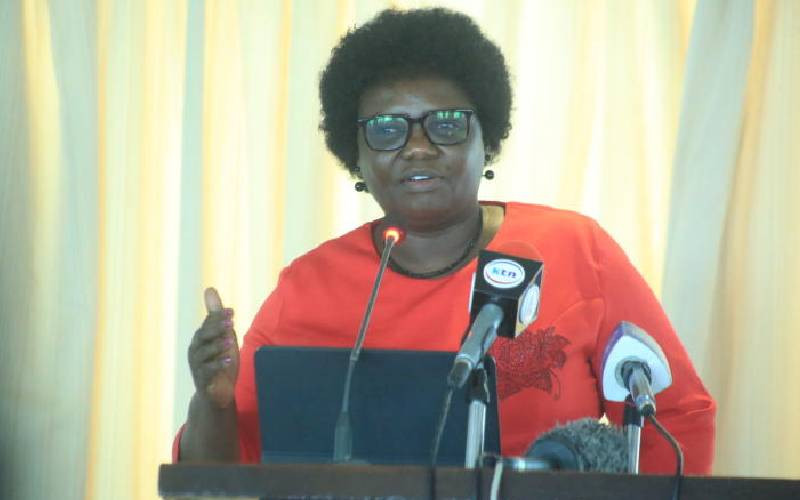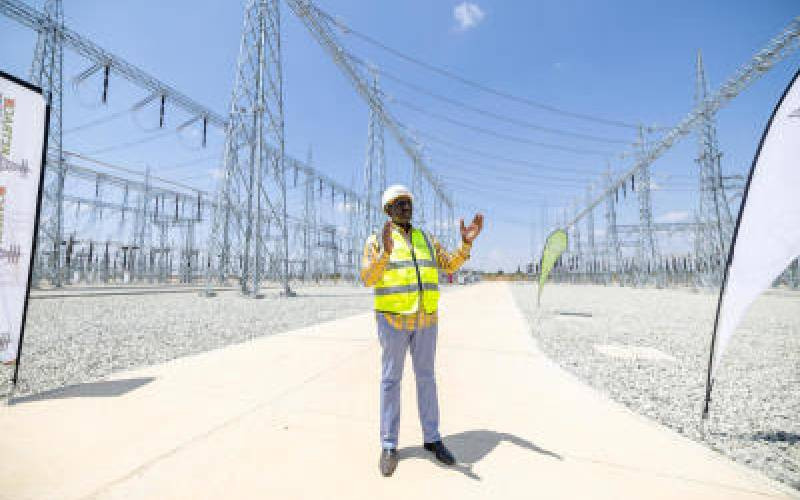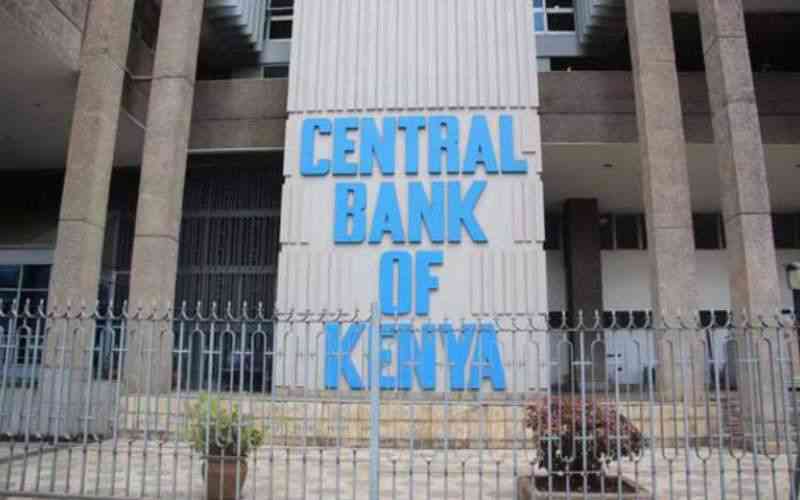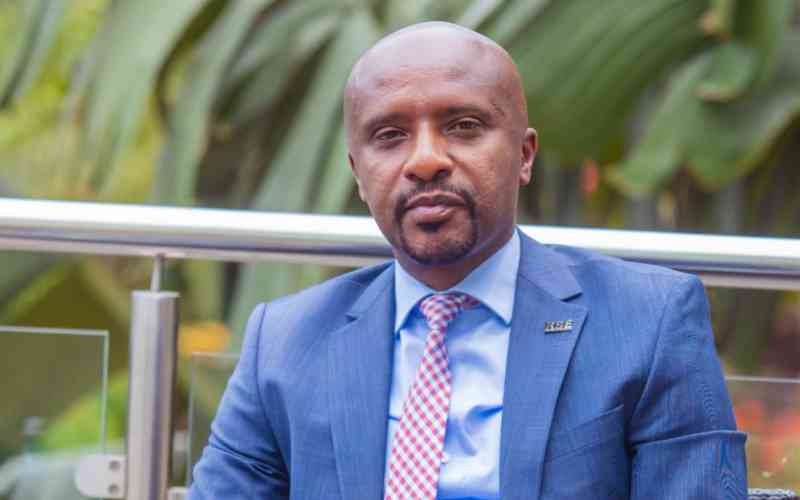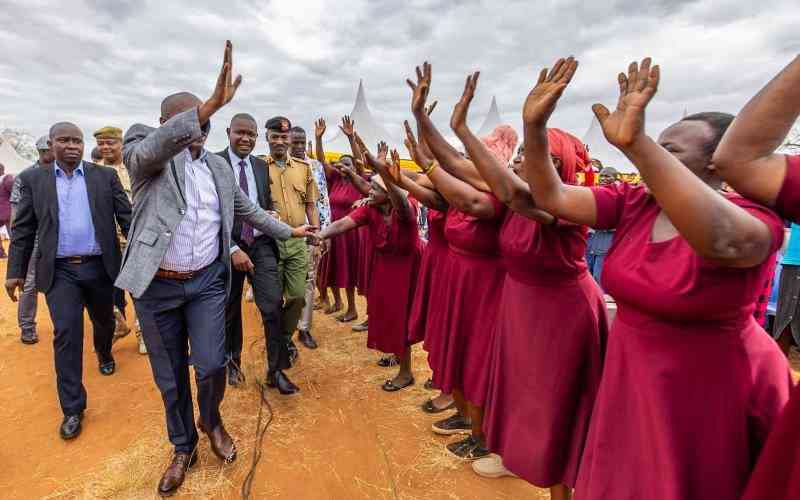
When Kenya heads to the ballot in 2027, the church remains an unavoidable force. Its congregations, structures, and networks still touch millions. It can shape narratives of justice, moral identity, and collective purpose. But today, unlike in previous campaigns, the church faces a crisis of credibility — born from misuse, broken promises, and political co-option.
The question now is not whether the church matters — it clearly does — but whether it can reposition itself for real influence rather than remain a mere tool of power brokers.
Hollow Power
It’s concerning that when the church reflects on its role in national politics, its leaders often speak only of numerical strength — as if numbers alone make the church indispensable. They boast of representing millions of voters, yet fail to realise that mere arithmetic cannot save a nation from moral decay.
What many seem blind to is the deeper and more enduring zone of influence: theology. It is theology that shapes philosophy, and philosophy that in turn, informs politics and governance. Every political system rests upon an idea of who the human being is, what justice means, and what kind of society we seek to build. Those ideas are not born in Parliament — they are born in pulpits, classrooms, and prayer rooms.
When theology grows shallow, politics becomes wayward. When the pulpit loses its prophetic depth, the public square loses its moral direction.
In the last election cycle, certain political movements relied heavily on the church to mobilize voters. Sermons, declarations, and endorsements were all orchestrated in the service of winning. That strategy delivered votes — but it also delivered disillusionment.
Ordinary churchgoers who believed the promises of godly leadership soon discovered that few were fulfilled. Even those who benefited from proximity to power felt their gains were token, not transformational. What once seemed like a sacred partnership gradually looked transactional, hollow, and self-serving.
In truth, priests had become pawns — pushed around by the power of money and seduced by the allure of access. The politicians knew that beyond numbers lay another form of influence: endorsement by the church. A blessing from the pulpit was interpreted as the voice of God. When pastors laid hands on politicians, the public assumed divine approval. But in retrospect, those endorsements were bought, not discerned.
The pastors had a moral obligation to the deal they entered. So when the politicians danced, the pastors were expected to deliver the head of the citizenry on a platter. The pastor ceased being a theologian and became a politician — a dealer. Like Esau, they traded their divine mandate for a bowl of stew. Look where that has led us.
oday, the pews are suspicious of the pulpit. People have distanced themselves from the priests. Pastors have become a poor brand when it comes to political engagement. Their friendships with politicians are now seen as personal, not congregational. The pews have learned that pastors who seek food for their stomachs often surrender their congregations to political shylocks as collateral. This old formula — blessing and endorsing politicians at the altar — no longer commands respect or trust. Instead, it breeds distrust.
No wonder the Gen Z movement saw through the charade and shouted “Occupy!” They were right. For just as citizens can teach their political leaders a lesson, congregations can teach their priests one too. When the theology of the pulpit becomes heretical, the theology from the pews must stand up and resist as a way to redeem a church that has lost its moral footing.
New Paradigm
What must replace the old pattern is a new paradigm — one where the church does not sell moral endorsement, but asserts prophetic independence. At the heart of this re-positioning lies a theological conviction: the church is not subsidiary to political ambition. Its calling is above and beyond vote tallies; it must answer first to justice, truth, and the flourishing of the vulnerable.
The church’s vision must shift from short-term political gain to long-term societal transformation. That means investing in civic education, ethical leadership, anti-corruption initiatives, and integrity — not merely endorsing a candidate who promises patronage or handouts. Its mission is not the deliverance of an election, but the embodiment of the Kingdom of God — a Kingdom lived out in systems that care for the poor, protect the environment, and defend the dispossessed.
Stay informed. Subscribe to our newsletter
To re-enter the 2027 presidential context meaningfully, the Kenyan church must shift from being an instrument of political mobilization to being an inspiration for political transformation.
This transition demands theology rooted in justice — a recovery of the moral center that once made the pulpit a trusted compass for the nation. It demands strategy centered on education and accountability, where congregations are equipped to think critically and vote thoughtfully. And it demands courage to relinquish transactional linkages, freeing the church from the grip of power and returning it to its prophetic posture.
The church must learn to stay ahead of its manipulators. It must envision a futuristic version of itself — a church that leads thought, not applause. This can only happen when pastors cease being politicians and recover their role as prophetic theologians — seers of new systems that deliver abundance and dignity for the people they serve.
Just as the great cathedrals of old still draw wonder centuries later, the prophetic imagination of church leaders today must become equally compelling — attention-drawing, truth-bearing, and impossible to ignore.
Trusting Again
Kenya does not need a church that merely counts heads; it needs one that forms minds and stirs consciences. The task before the clergy is to reclaim the moral and intellectual high ground — to guide the nation’s soul rather than chase its politics.
If priests do not theologize, politicians will. If the pulpit stays silent, power will write its own gospel — one of greed, deception, and self-interest. The church must now make a bold declaration to those who seek to buy its favor: “Buy one, get one free” does not apply. Buying the priest does not mean you have bought the congregation.
Indeed, congregations no longer have to echo the priest — especially when the priest is often seen in houses of power or dines too often at the “king’s table.” The call of this moment is for the church to rediscover its prophetic independence — to speak truth to power, not to dine with it; to call for justice, not to decorate injustice with prayer.
The church must cease being a campaign accessory. Instead, it should become a convener of conscience, a shaper of character, and a force for the flourishing of all Kenyans. Such is the kind of influence worth having — the kind that rebuilds a church the nation can trust again.
